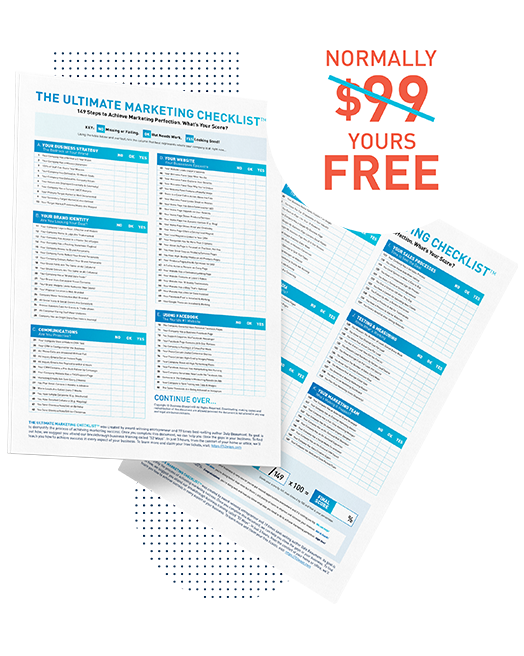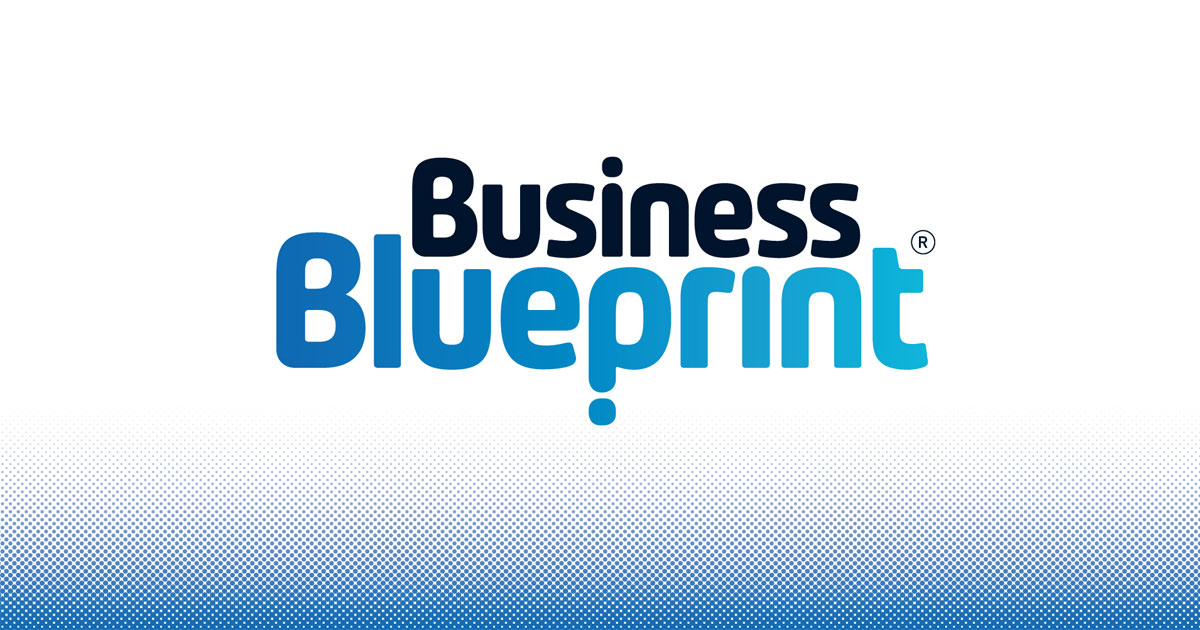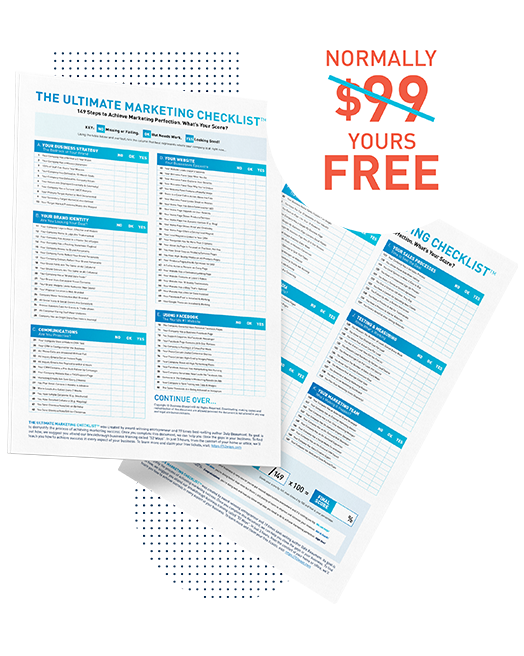It’s vital to increase personal productivity. Think about it: 60 seconds to a minute; 60 minutes to an hour; 24 hours to a day. Of those, eight hours are sleeping, approximate two to four are taken in transportation methods, another eight hours is given to work, and the rest of the time is broken up between family time, eating, relaxing, and possibly more work. Time flies by, or so it seems. It is absolutely key to be able to manage your time effectively and efficiently in order to succeed. In this portion of an interview between Dale Beaumont and Andrew May, find out great techniques on time management and increasing your personal productivity.
Andrew runs Switched On, a consulting company based in Sydney and London. He is one of Australia’s leading experts on performance and gives keynote presentations around the world and coaches CEOs and senior managers. He also runs PT Plus, a mentoring and coaching business.
What are your top tips for dramatically increasing personal productivity?
The first thing I teach people to do is to work to their natural energy platforms.
Then I teach the concepts of chunking time, the half-day lock-out, forced isolation and avoiding the Noddy syndrome.
- Chunking – at first thought, multitasking seems a logical response to our compressed and tightly-packed schedules. While doing a couple of tasks at the same time might sometimes feel more productive, multitasking is not nearly as productive as most people think. Chunking is about doing similar tasks at the same time. While this is a very simple concept, it can make a massive difference to daily output. For example, check and respond to emails at two or three specific times a day only, and block out time to work on proposals and reports. Modify these ideas to fit into your job responsibilities, I’m sure most people have a lot more control over organising their day and their precious time than they think.
- The half-day lock-out – a lot of people who have participated in our corporate programs have picked up the concept of an uninterrupted half-day. This lock-out means turning off the mobile, not checking emails, avoiding constant interruptions and walk-ins, and is best completed when your energy platforms are at their peak. Focus on being present and attentive on the task. This works especially well when you have to write a report, finish a proposal or do some high-end cognitive planning.
- Forced isolation – I use this concept when I have a big task to finish. A friend of mine has an amazing holiday house two hours’ south of Sydney in a little place called Gerroa. I regularly shoot down to Gerroa and chunk my time working on finishing an activity (thanks Gary Green – you are a legend!). I find that when I am in the office, interruptions just happen! There is no email access at Gary’s house and I turn off my phone and work in chunks of time. I usually give myself a small energy break every 45 to 60 minutes and a larger energy break, to walk on the beach or swim in the ocean, every few hours. Over two or three days at Gerroa I get more work done than I would working at home or in my office. If you don’t have the luxury of having a mate like Gary, build forced isolation into your current environment. I used to set up a desk in my garage and lock myself away from all of the noise of my flatmates. Working from home on a normal working day is also a form of forced isolation. Just make sure you don’t settle in and watch the TODAY show and then read the daily papers before turning on Oprah or Dr Phil.
- Avoiding Noddy syndrome – I think most of us suffer from Noddy syndrome – always nodding ‘yes’ to please other people. Sometimes it’s hard to say no because you feel like you might be letting someone down, but in the end if you say yes to everyone and everything else in your life the only person you’re really saying no to is yourself. I like the old saying, ‘Sometimes you need to say no for a great yes down the road’.
Be assertive with others and practise saying no to other people’s requests if they are not essential. Whether you are doing so many things for ego, because you don’t want to let people down or because you are pressured into doing them, there comes a time when you must learn to say no.
For more of this interview check out Dale Beaumont’s “Secrets of Top Business Builders Exposed!“.



